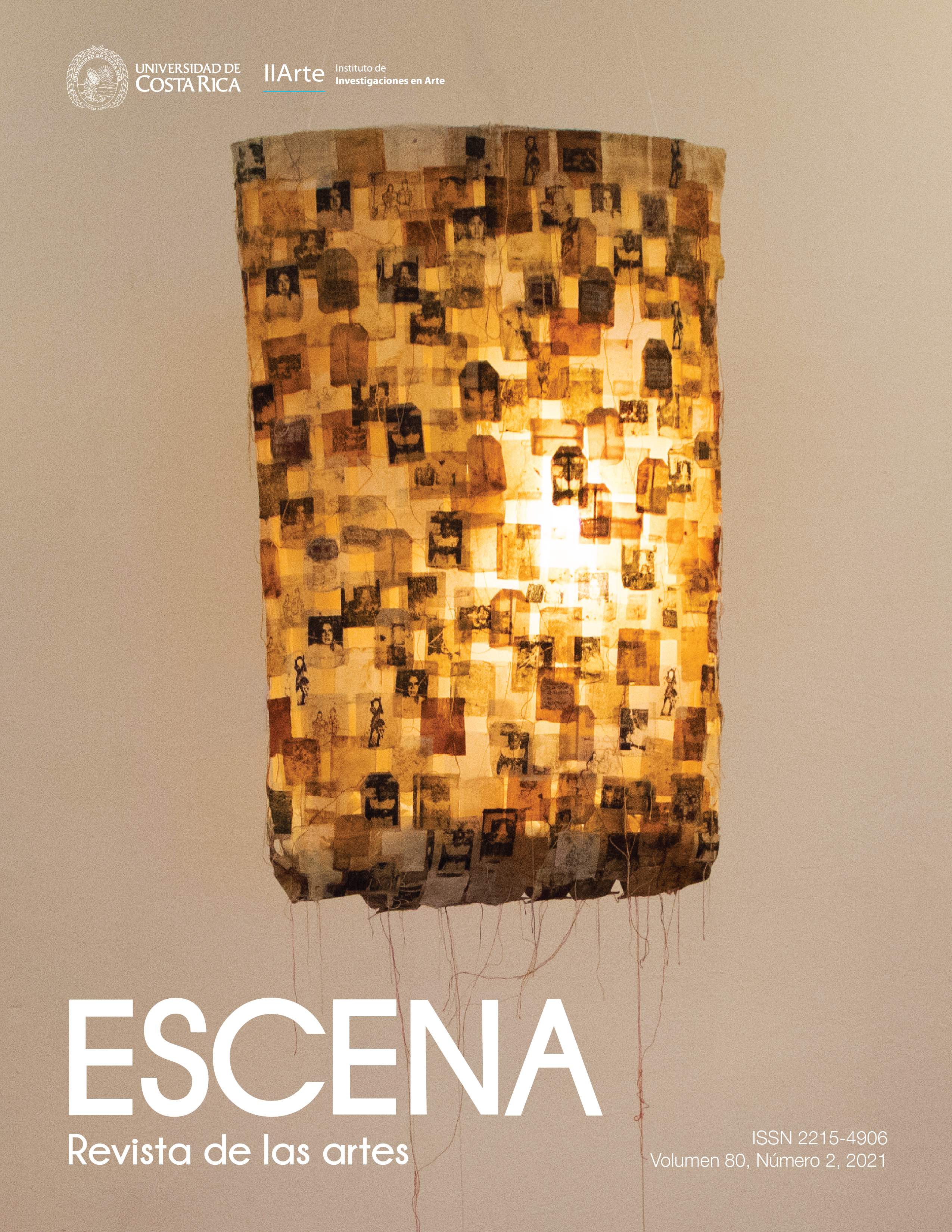Abstract
This article based on the analysis of three representative films, From the Polo to the Equatore (Dal Polo all’Equatore, 1986), Images of the Orient-Vandal Tourism (Immagini dell’Oriente: turismo da vandali, 2001) and Barbaric Land (Pays barbare, 2013), will be examining how we can think about the cinematographic methodologies of Gianikian-Ricci Lucchi in relation to a political cinema. We will analyze their relevance, mainly from the work with archive material, for the generation of a type of cinema that puts in evidence the colonialisms and fascisms of the past through an exercise of memory that delves, not in the great History, but in concrete faces, gestures, practices and objects not only of the victims, but also of the victimizers, configuring a poetics that deals with the past density of our present.



